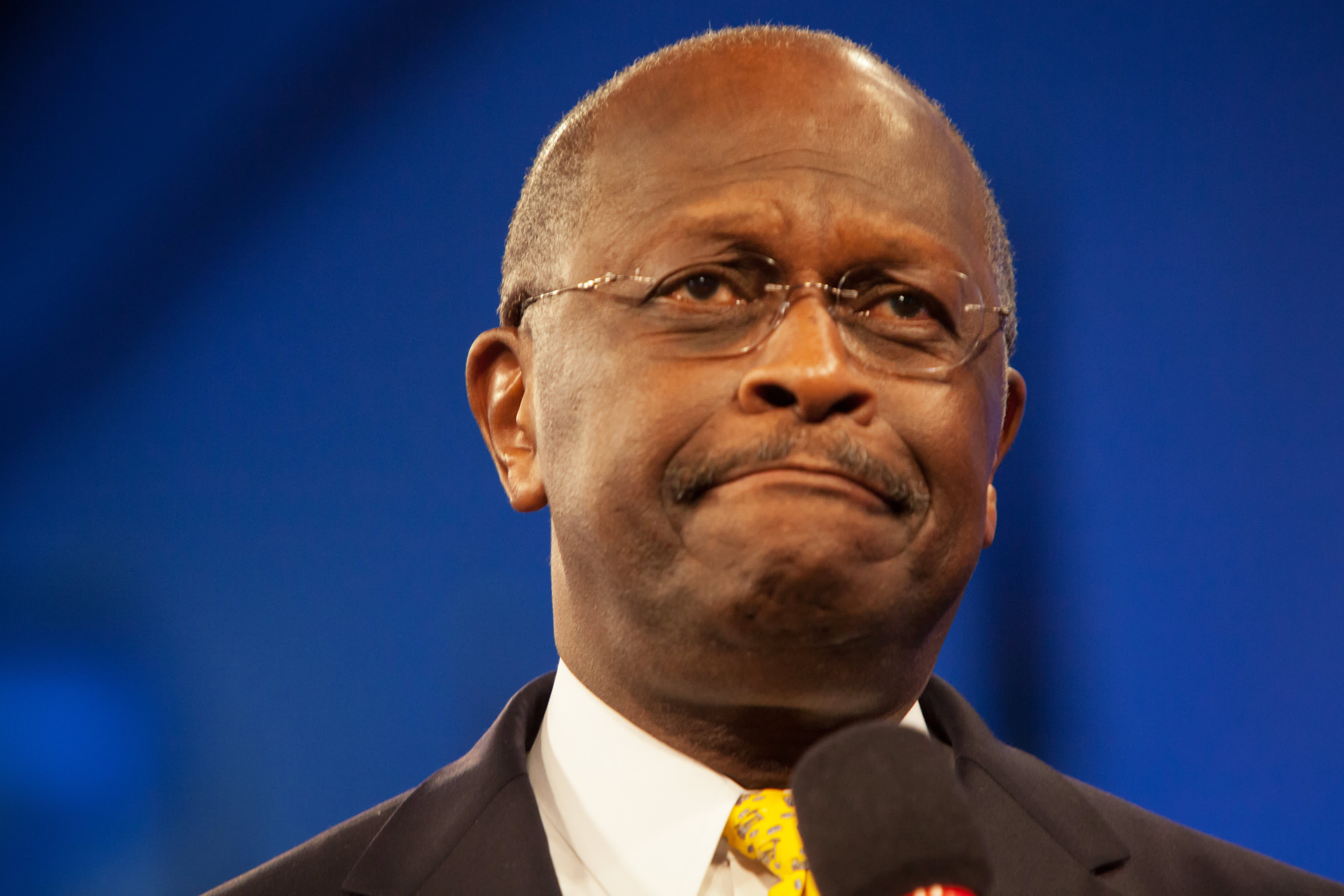Interesting look at assessing coronavirus risk, moving forward
"Learning to Live With Coronavirus Risk"-WSJ
By Greg Ip
July 29, 2020 9:00 am ET
The
pandemic’s resurgence, including in places where it had been contained, makes it clear that for the foreseeable future the risk of Covid-19 can’t be eliminated, only managed.
That means Americans need to decide how much risk to accept. It isn’t a simple matter, as the
debate over reopening schools this fall demonstrates.
Reopening inevitably carries some risk of an outbreak that threatens vulnerable people. Many parents, teachers and local leaders have
concluded that risk is unacceptable.
Yet, a hard-nosed look at the evidence suggests that keeping schools closed won’t further the cause of safety much.
Covid-19 is less dangerous to children than seasonal flu, and teachers are no more likely to be infected than other workers. Meanwhile, keeping schools closed incurs all sorts of other costs, to children’s education and welfare, as well as working parents’ livelihoods.
Kids’ Coronavirus Risk Remains Uncertain as Schools Weigh Reopening
Schools are racing to make plans for the academic year even as Covid-19 cases surge in the U.S. WSJ’s Daniela Hernandez explores how kids are affected by the virus and if it’s possible to reopen schools safely.
Such tensions permeate the economy. We might have eliminated the threat of infection from many everyday activities by shopping, working and consulting the doctor from home. But in numerous other activities such as flying and
dining out, that is impossible. So either risk appetites will have to adjust, or swaths of the economy will remain shut down.
Knowing how much risk to tolerate is complicated by the uncertainty of what the risks of Covid-19 are. The
probability of dying if you are infected is 0.5% to 1% (five to 40 times deadlier than flu), but the probability of becoming infected in the first place is a mystery because it depends on the degree of spread in the community, how many in the community are susceptible and what measures are in place to slow the spread.
Moreover, each person’s behavior affects everyone else, so an individual’s risk appetite will reflect not just his own fear of the virus, but also his fear (or lack thereof) of passing it to someone else.
Risk appetites vary considerably among individuals. Many young adults are eager to crowd into bars and parties despite knowing
they are hot spots for the virus. Others err in the opposite direction. An April survey by Quinnipiac University found 75% of respondents were very or somewhat concerned they or a family member would be hospitalized with Covid-19. Yet to date, the hospitalization rate for the broader population is just 0.1%, according to the Centers for Disease Control and Prevention. Among lab-confirmed cases, just 14% end up in hospital and 2% in intensive care, according to the CDC.
People tend to be more fearful of risks that are novel, or inspire dread. Thus, they fear nuclear power more than coal, gas or oil which kill far more people. They are also warier of risks they can’t control, so they hold airlines to higher standards of safety than their own driving.
Some of these behavioral quirks might be at work with Covid-19. According to the CDC, three times as many children died of flu between February and July as died of Covid-19. But flu is familiar to parents and Covid-19 isn’t and thus inspires more caution.
Surveys find consumers particularly wary of boarding a plane. But Arnold Barnett, who studies aviation-safety statistics at the Massachusetts Institute of Technology, calculates that
two hours spent on a full flight are about as likely to result in infection as two waking hours not spent on a plane. “While flying is more hazardous now, so is practically everything else,” Mr. Barnett said.
Mr. Barnett’s example demonstrates that even when overall risk is high or uncertain, we can use relative risks between occupations and activities to guide us. For example, supermarkets have stayed open throughout the pandemic, yet the death rate from Covid-19 among unionized grocery workers is slightly lower than in the overall working-age population; among food-processing and meatpacking plant workers, it is much higher.
A Swedish study found that taxi and bus drivers were infected at four times the average of all occupations, while teachers, who continued to teach in classrooms in Sweden, contracted the disease at around the average. (
The Dutch government says workers in education and child care are infected at much lower rates than other workers.)
This suggests opening stores and schools, with mitigation measures in place such as masks, shouldn’t raise the overall level of risk in the economy, while countering other risks such as unemployment, diminished learning and
undetected child abuse.
Nonetheless, this also means that store workers and teachers are assuming some personal risk for the sake of all society—and society should recognize that.
“Police, fire, construction, mining and military personnel work in hazardous occupations but they are paid premium compensation for doing so,” noted John Graham, a professor at Indiana University who vetted regulatory costs and benefits in President George W. Bush’s White House.
“Teachers never signed up to work in such conditions. Our nation should pay a Covid premium for teachers willing to work in the face of infection risks. But teachers should not be forced to work.”


